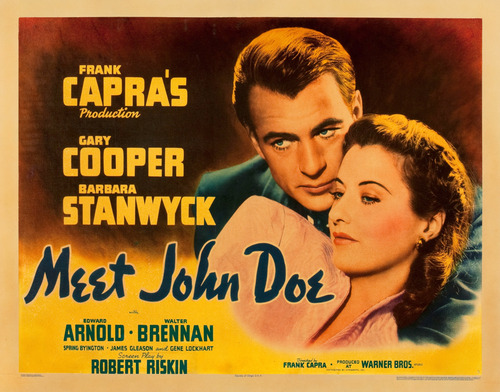“To steal a character or a story isn’t real theft. But to steal a landscape, that is a very, very serious crime.” There we have one of the propositions agreed upon by filmmakers Werner Herzog and Errol Morris in a conversation they had for the Believer. Though their filmographies may not look terribly similar — Morris with his interview-based documentaries on pet cemeteries, emergent systems, and old Secretaries of Defense, Herzog with his barely definable, distinction-between-fact-and-fiction-repudiating studies of aggressive dwarfs, doomed naturalists, death row inmates, and conquistadors and rubber barons aggrandizing themselves in the jungle — their work has much in common under the surface. Don’t believe me? First watch through the list we previously featured of 30 Errol Morris movies streamable online, assembled on Metafilter by a member known as “Going to Maine.” Then watch Going to Maine’s new list of 43 Werner Herzog movies streamable online, compare, and contrast.
At the top of the post, you can spend nine minutes watching Herakles, Herzog’s very first cinematic effort, a mash-up (if it doesn’t stretch the definition too far to apply the word to something made in 1962) of muscle men and racing-car wrecks. Just above, we have 1969’s Precautions Against Fanatics, another early exercise in Herzogian form-bending which repurposes footage of real people, real places, and real animals to absurd ends — in this case, to envision a reality in which hired men work tirelessly to protect horses from “horse fanatics.” The list also rounds up a few shorts that even true Herzog fanatics may never have had the chance to see, including 1976’s No One Will Play With Me (part one, part two) below, the story of a preschool social outcast based upon experiences related by the real children themselves — the sort of thing we’d all have grown up watching on television, in other words, if Werner Herzog had made after-school specials. If works like these don’t give you quite enough insight into the mind of this inimitable, uncompromising, and seemingly tireless, Bavarian filmmaker, don’t forget to check out his own favorite films as well.
Related Content:
Portrait Werner Herzog: The Director’s Autobiographical Short Film from 1986
Errol Morris and Werner Herzog in Conversation
Werner Herzog Picks His 5 Favorite Films
30 Errol Morris Movies That Can Be Streamed Online
Colin Marshall hosts and produces Notebook on Cities and Culture and writes essays on cities, language, Asia, and men’s style. He’s at work on a book about Los Angeles, A Los Angeles Primer. Follow him on Twitter at @colinmarshall or on Facebook.



